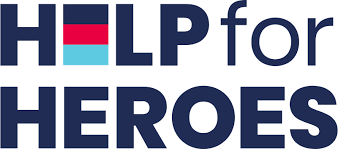How Clare eased her PTSD and constant pain—with support from Help for Heroes
Clare's vital work with the Royal Army Medical Corps left her with flashbacks and nightmares. Then she was diagnosed with a rare blood-vessel disorder. But the Armed Forces charity stepped in...
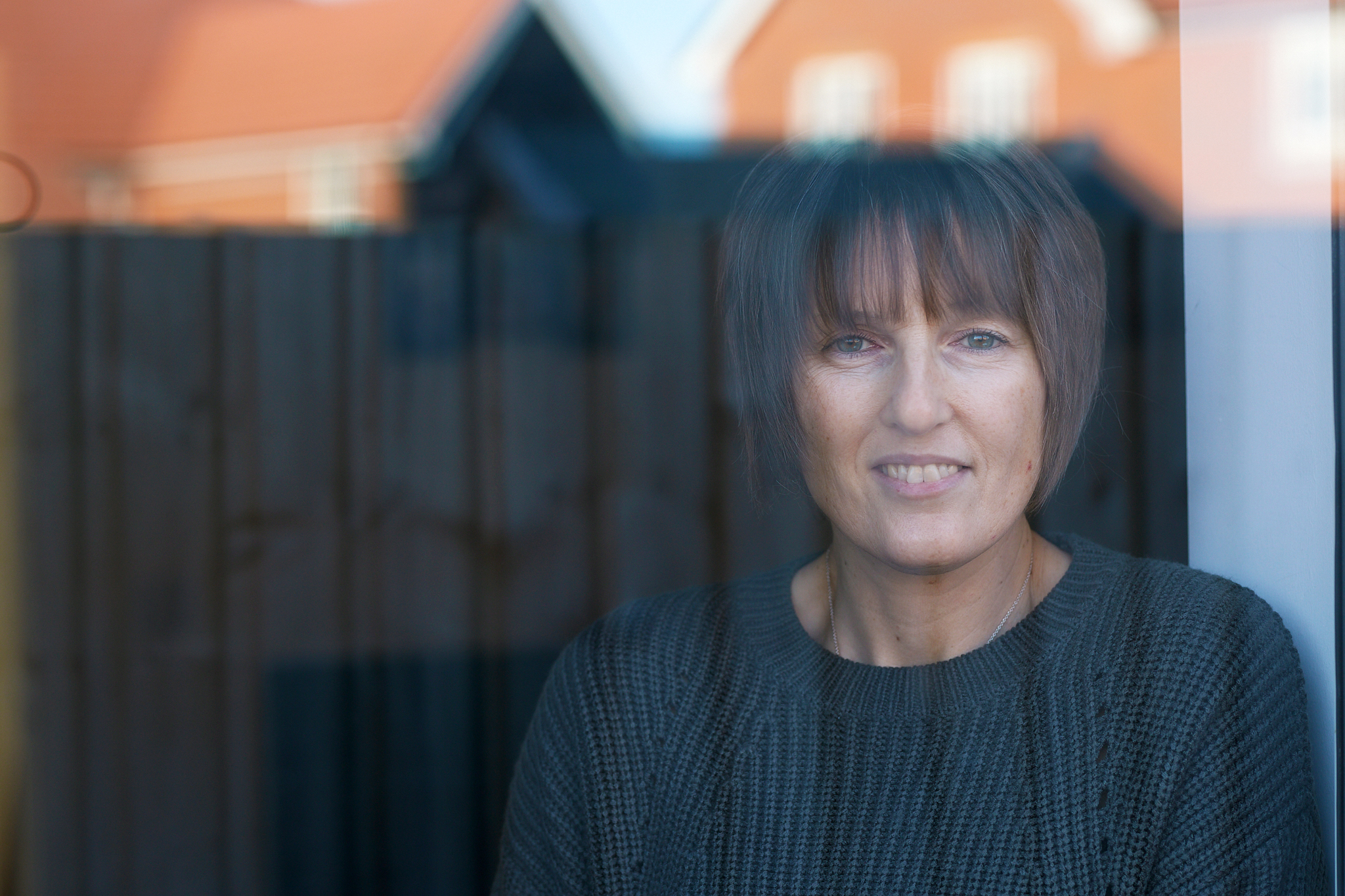
From day one, Clare threw herself into her work with the Royal Army Medical Corps. But years later one harrowing experience returned to haunt her, triggering Post-Traumatic Stress Disorder (PTSD). Here Clare tells her story…
"I’d always dreamt of a career in nursing, so training as a Combat Medical Technician with the Royal Army Medical Corps (RAMC) just felt right. From day one I loved army life. As well as the medical side of things, I also took part in a lot of sport—and frequently represented the RAMC and our Unit.
In 1999, I was deployed to Kosovo, where I worked alongside the field hospital and early on in the tour was tasked with moving bodies from shallow mass graves to be re-interred. At the time, I just got on with it and took it as part of being my job. But three years later, after I’d left the Army and when my daughter was born, I started to suffer frequent nightmares and flashbacks.
The nightmares are always the same. One of the bodies I unearthed was a young woman with a baby cradled in her arms. I always see her face; she was covered in bullet holes. I also suffer flashbacks, which are set off by sudden, loud noise or certain smells.
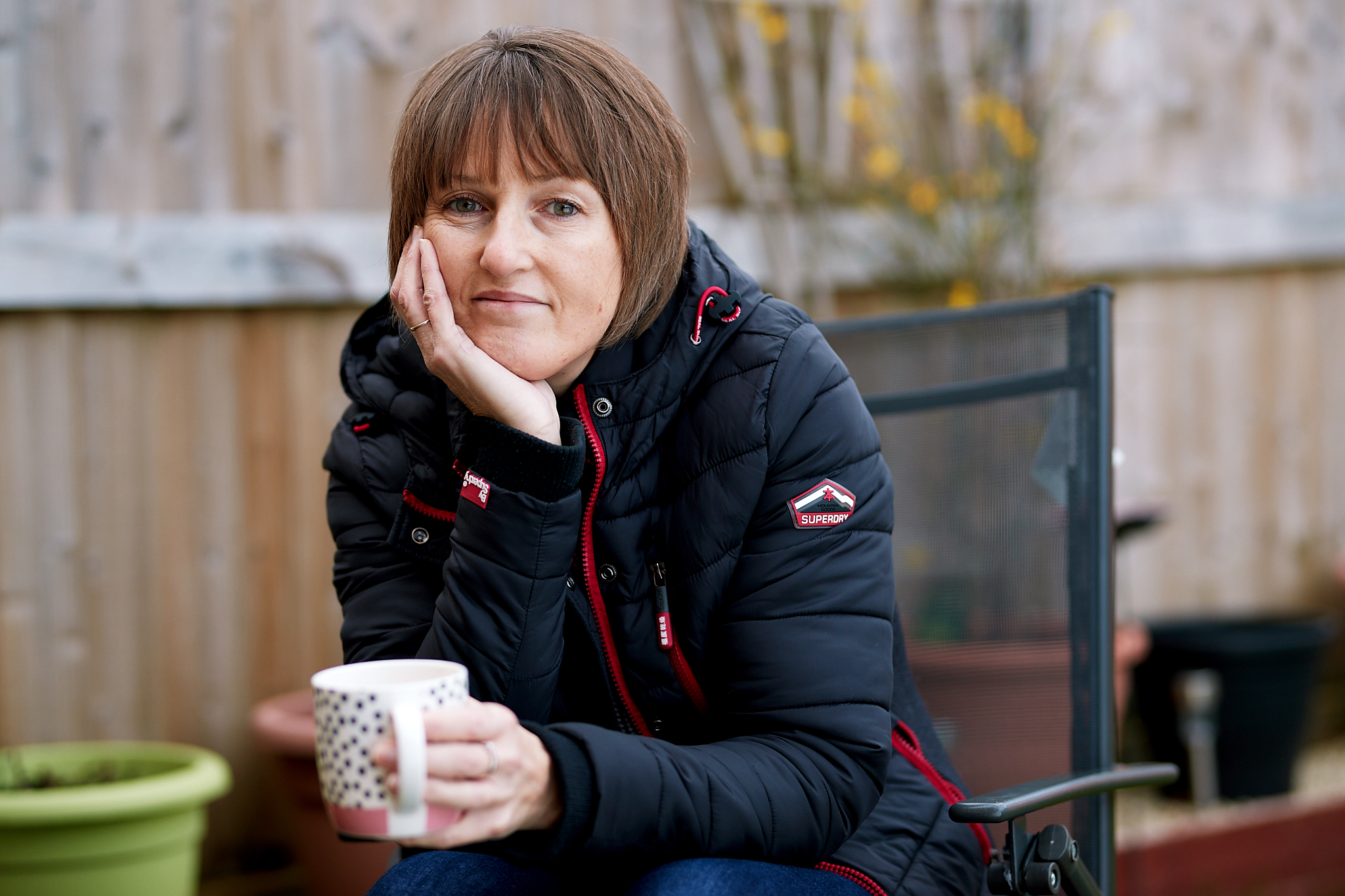
A GP put my low mood down to depression, but the medication did nothing. Then one day I read an article about Post-Traumatic Stress Disorder (PTSD). After 18 years of nightmares, everything finally made sense. I reached out to Help for Heroes.
Seeking help
Through the Hidden Wounds Service, Help for Heroes provided counselling sessions to help me develop techniques, such as breathing exercises, to manage the nightmares and flashbacks. I still use the counselling support today, which has been a godsend during lockdown.
Alongside this, in 2012, I was diagnosed with Behçet’s Disease—a rare auto-inflammatory condition which affects the blood vessels, causing constant pain and symptoms including mouth ulcers, bowel problems, migraines, joint pain, eye inflammation, and chronic fatigue.
It took around four years to diagnose and has a huge impact on my life. My mobility is severely affected, so I rely on crutches and a wheelchair. On bad days, I struggle to carry out normal daily tasks—even making a cup of tea uses all my energy. My mental health suffered again. I used to love running but the pain means I struggle to walk, let alone run.
My symptoms are managed with medication but I’ll always be in some degree of pain. I’m learning to pace myself and find new ways to manage.
More from woman&home:
- What it's really like when an animal saves your life—three women share their touching stories
- What it’s really like working at sea—three women share their fascinating stories
- Three women share their stories of being police officers
Getting active
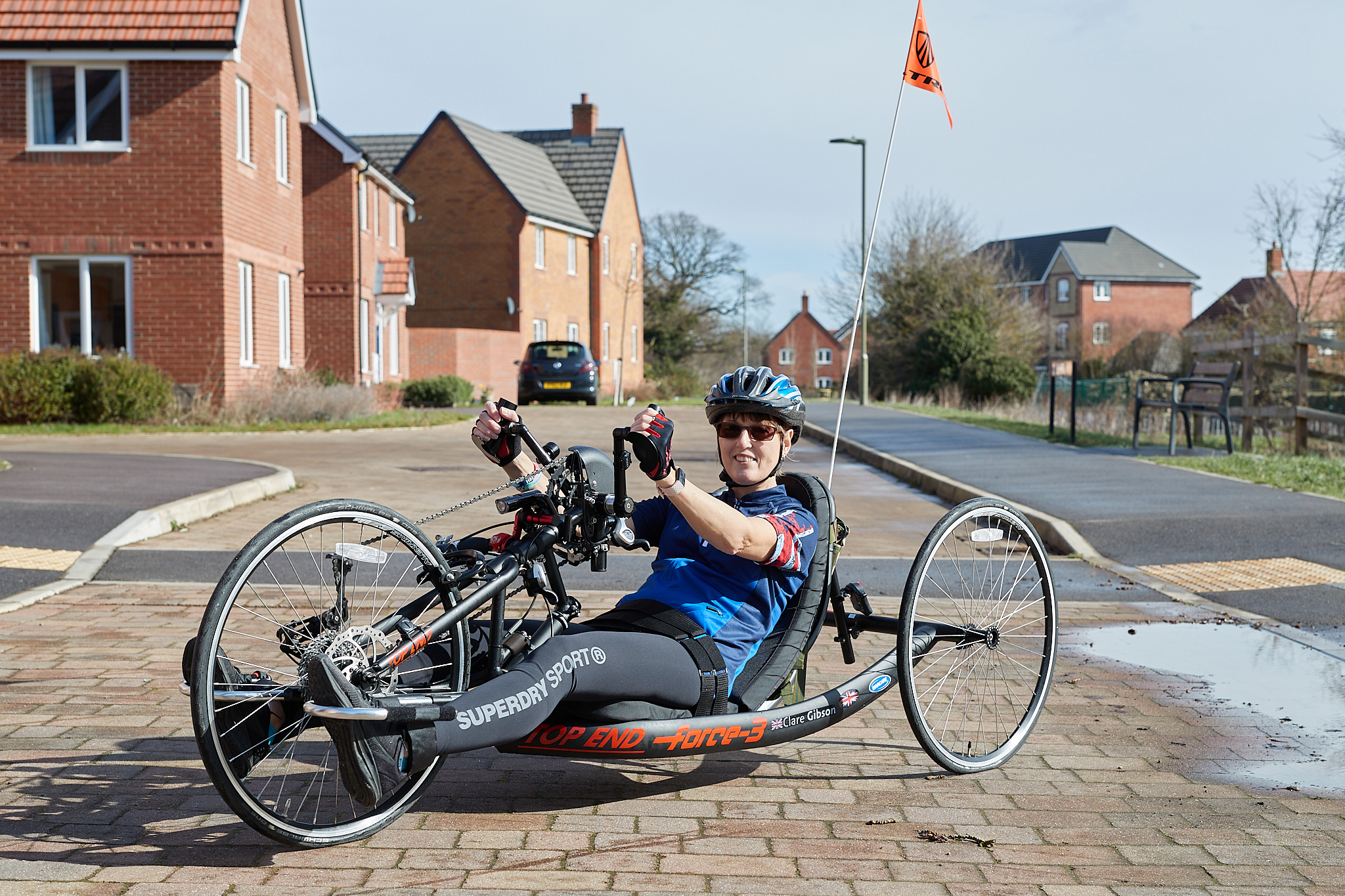
The Sports Recovery Team at Help for Heroes introduced me to disability sport, such as kayaking, archery and handcycling. Taking part in these really help both my mental and physical wellbeing.
Help for Heroes funded my archery kit, so I can go to my local archery club. But when the pandemic put practice on hold, I decided to focus my attention on my other passion—handcycling.
The support from Help for Heroes has opened my eyes to things I once thought impossible. Sport not only makes me feel physically better, it’s also become medicine for both my PTSD and Behçet’s symptoms. Having Hidden Wounds on hand to talk to is great because although I can speak to my family, it helps to talk to those with a shared experience.
I can’t stress how powerful Help for Heroes has been in my recovery. My family say they’ve got the old me back again.’
'Clare's strength is an inspiration'
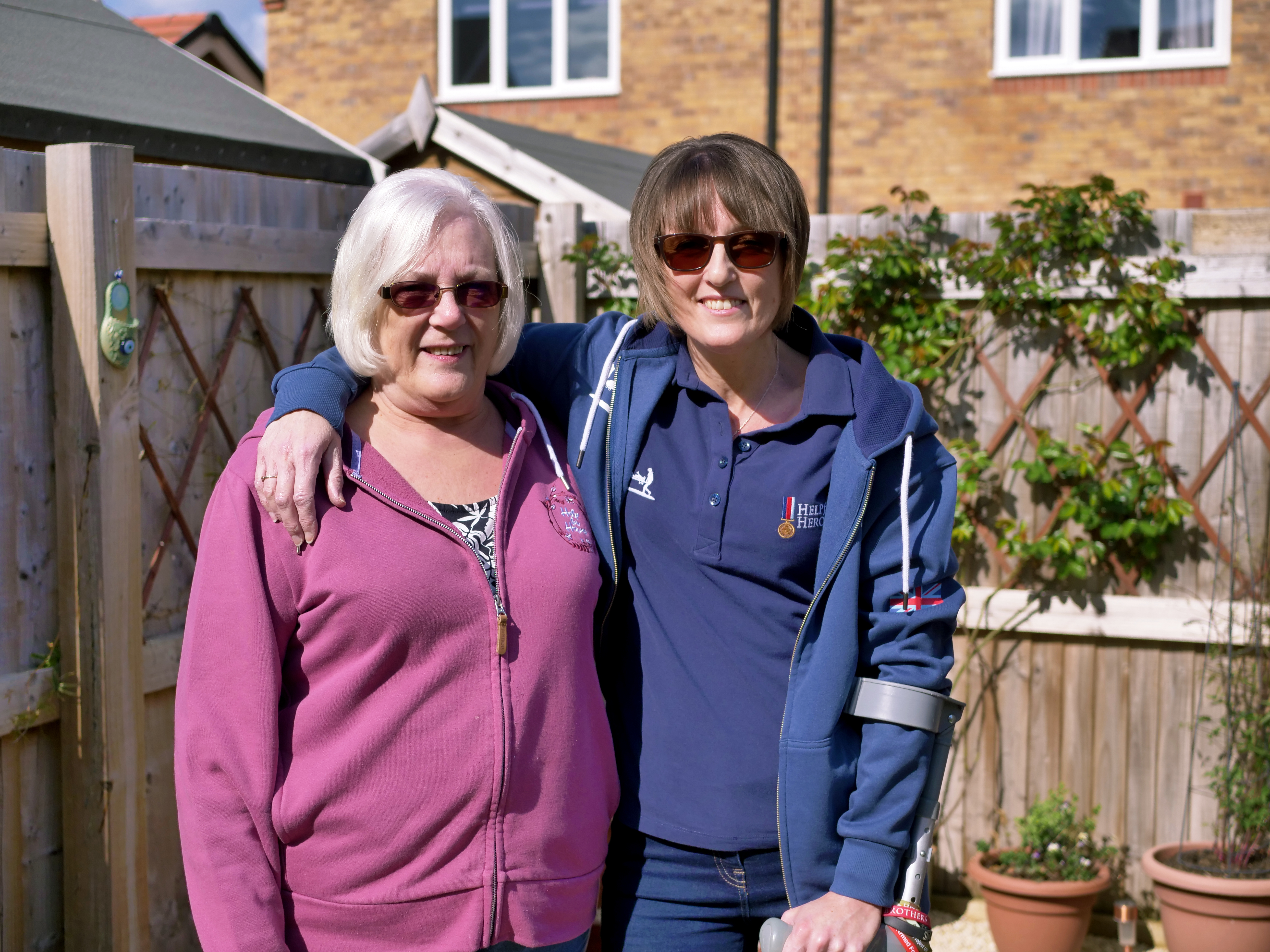
Clare’s mum, Sandra, shares her story...
"When Clare joined the Army, I was proud and worried but she thrived. When she came home from Kosovo, she explained that she couldn’t talk about it much but there were certain events she’d found upsetting. Only once did she mention a nightmare.
Then, in 2017, Clare told me she’d been diagnosed with PTSD and had been having nightmares and flashbacks—it was upsetting to know she’d suffered in silence for 18 years.
A few years before being diagnosed, Clare also started complaining about stomach problems. Then she started to experience pain in her joints, ulcers, sickness, and fatigue—some days she couldn’t even get out of bed.
When she was finally diagnosed with Behçet’s Disease, it was such a relief to know there were professionals who understood her condition and could treat her properly.
Moving on
Even with the correct treatment Clare still has relapses, and I wish she could be pain free. She’s slowly learning ways to pace herself and manage the bad days. There’ll be times I’m talking to her, and she’s suddenly asleep.
Since reaching out to Help for Heroes, Clare’s become the person we all used to know. They’ve helped her to develop coping mechanisms to manage her PTSD, and having professionals and fellow veterans to speak to makes her feel less alone. Of course, she can always talk to me but I don’t understand in the same way.
Then there’s Sports Recovery; Clare has always been sporty but feared Behçet’s would prevent her from being active. The team showed her everything she could achieve, and it’s given both her physical and mental wellbeing such a boost.
Even through lockdown Clare was determined to continue exercise—setting up her handcycle in the back garden, she cycled 1,000 miles in 14 weeks. I was so proud of her.
The past few decades have been tough, but they’ve made our family closer, and Clare’s strength continues to be an inspiration."
How you can help
While it takes strength to serve in the Armed Forces, it takes a different kind of strength to live life beyond injury. It could be the strength to learn to walk again or to ask for help after 15 years of suffering in silence.
Together we can help our wounded veterans overcome their daily battles and thrive.
Give strength to those who gave for us. Visit helpforheroes.org.uk/clare
- Twitter – @HelpforHeroes
- LinkedIn – @HelpforHeroes
- Facebook – @HelpforHeroesOfficial
- Instagram - @helpforheroes
Sign up to our free daily email for the latest royal and entertainment news, interesting opinion, expert advice on styling and beauty trends, and no-nonsense guides to the health and wellness questions you want answered.
Amy Hunt is an experienced digital journalist specialising in homes, interiors and hobbies. She began her career working as the features assistant at woman&home magazine, before moving over to the digital side of the brand where she eventually became the Lifestyle Editor up until January 2022. Amy won the Digital Journalist of the Year award at the AOP Awards in 2019 for her work on womanandhome.com.
-
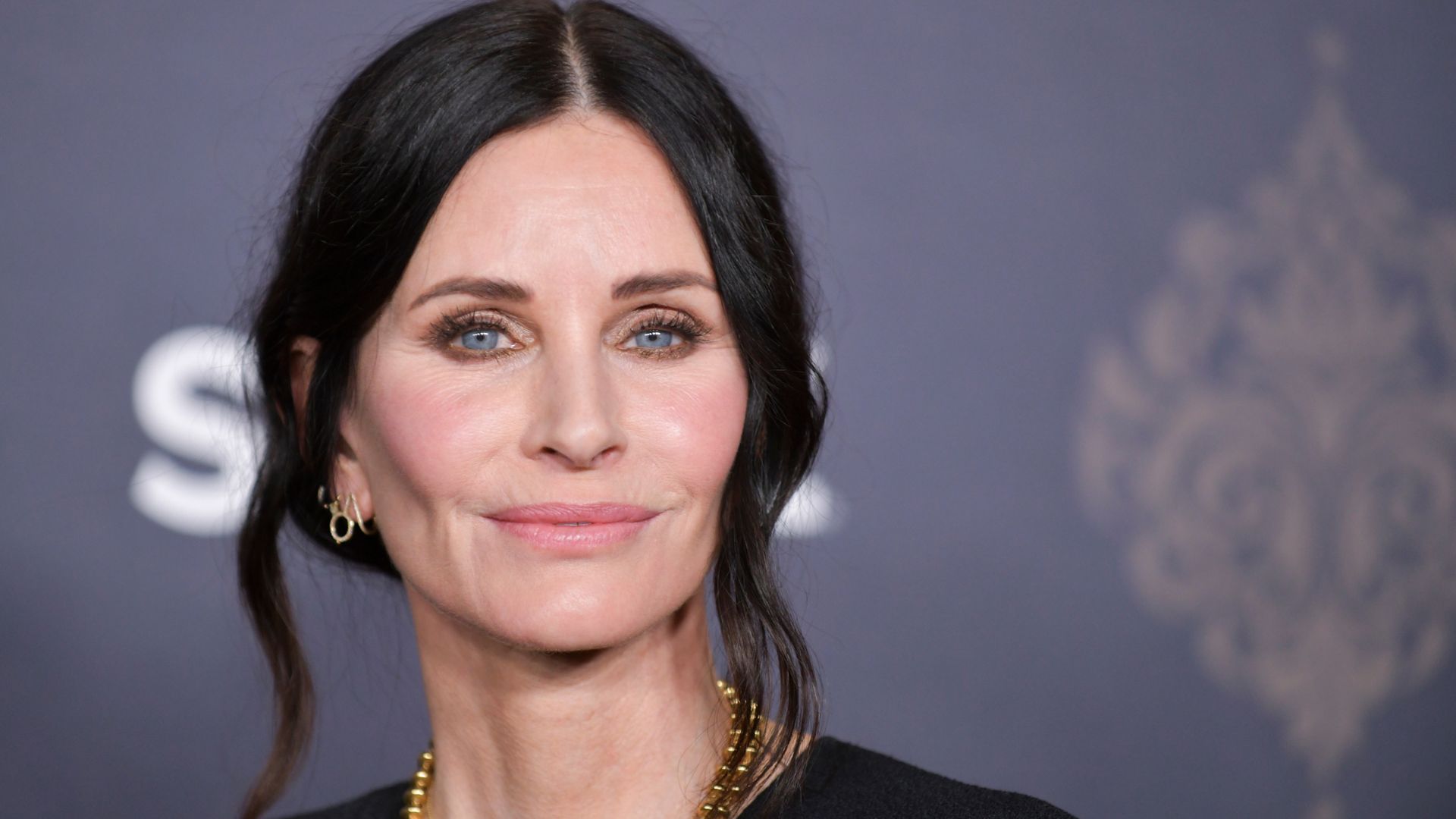 'Big mistake' - Courteney Cox reveals the beauty treatment she still regrets to this day
'Big mistake' - Courteney Cox reveals the beauty treatment she still regrets to this dayThe Friends actress shared a peek inside her beauty regime
-
 Wimbledon has been a parade of colour this year, and Rebel Wilson's bubblegum pink dress is one of my favourite looks so far
Wimbledon has been a parade of colour this year, and Rebel Wilson's bubblegum pink dress is one of my favourite looks so farThe actress wowed in a bright broderie anglaise dress
